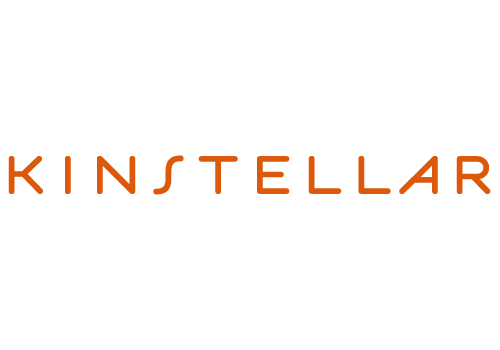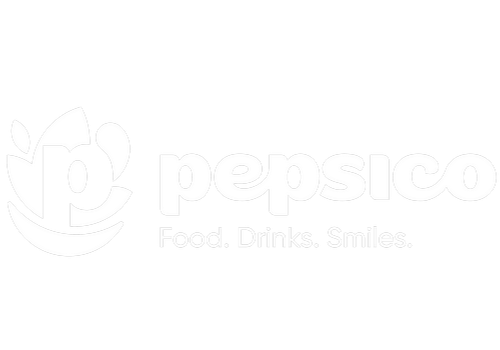February 2025
Ukraine has introduced two important laws to strengthen the fight against corruption. The laws No. 4111-IX (Draft Law No. 11443) and No. 4112-IX (Draft Law No. 10319), passed by the Verkhovna Rada on 4 December 2024, introduce stricter penalties for corruption, including criminal liability for companies and tax consequences for unethical practices. The new measures include heavier fines, property confiscation, and stricter tax rules to combat bribery and financial crimes.
Criminal Liability (Law No. 4111-IX)
Law No. 4111-IX enhances criminal liability for companies involved in corruption-related activities, such as money laundering, bribery, and abuse of influence. Law No. 4111-IX came into effect on 26 December 2024.
Key updates include:
1. Grounds for Liability:
- Crimes committed by a company's founders, authorized representatives, or beneficiaries that benefit the company.
- Negligence in preventing corruption or inadequate supervision of employees, leading to corruption-related offenses.
2. Criminal Penalties (to be levied in the Ukrainian currency):
- Minor offenses: Fines between circa USD 4,000 and 8,000
- Serious offenses: Fines between circa USD 8,000 and 810,000
- Severe offenses: Fines between circa USD 30,500 and 3,000,000
3. Property Confiscation:
- Property linked to or derived from corruption-related crimes can be confiscated.
- If the rightful owner cannot be identified, the property is forfeited to the state.
4. Exemptions from Liability:
Exemption is possible if the statute of limitations is reached:
- 5 years for minor offenses.
- 10 years for serious offenses.
- 15 years for severe offenses.
5. Temporary Restrictions on Company Activities:
Such restrictions include, in particular, a ban on participation in public and defense procurement, privatization, as well as a ban on producing and distributing advertisements about one's own activities.
6. Restriction of Activities as an Injunctive Measure in Criminal Proceedings:
Restrictions may apply to activities related to:
- introduction of changes to the company's constituent documents;
- significant business commitments (transactions);
- disposal of company assets;
- dissolution of the company.
Restrictions can be applied to a company if there are “reasonable grounds to believe” that actions may be taken on behalf of or in the interests of the company to avoid liability or obstruct criminal proceedings. However, Law No. 4111-IX itself does not contain provisions that would prevent abuse by law-enforcement bodies, which creates risks of indirect pressure on a company to carry out its activities.
However, any restriction on a company's activities may negatively affect its business reputation and lead to a loss of trust among partners, customers and investors.
Tax Implications (Law No. 4112-IX)
Law No. 4112-IX is aimed at combating bribery of officials (including foreign officials). Law No. 4112-IX enters into force in March 2025.
Key changes are as follows:
1. Prohibition of accounting for expenses and applying preferential tax conditions when performing transactions with the aim of providing an improper benefit:
- Private entrepreneurs and income tax payers under the general tax regime, as well as individuals engaged in independent professional activities, are also prohibited from claiming such deductions for tax purposes.
- Residents of Diia City benefitting from the respective special tax regime must include these transactions in their taxable income at the standard 18% rate.
- Non-profit organizations engaging in such transactions will lose their tax-exempt status and face corporate tax liabilities and fines.
2. Monitoring and Notifications:
- The tax authorities must notify the National Anti-Corruption Bureau of Ukraine (NABU) and taxpayers of any suspected transactions involving unlawful benefits.
- Taxpayers may voluntarily correct their tax liability returns and pay reduced penalties before a formal inspection.
3. Inspections:
- Unscheduled inspections will occur if a court confirms an unlawful benefit was provided.
- These inspections are not limited by time and can be conducted even if prior inspections have already taken place.
Contacts
For more details, please contact:
Olexander Martinenko, Partner, at olexander.martinenko@kinstellar.com,
Danylo Volkovetskyi, Managing Associate, at danylo.volkovetskyi@kinstellar.com,
Lyudmyla Dzhurylyuk, Managing Associate, at lyudmyla.dzhurylyuk@kinstellar.com,
Tetiana Kolha, Senior Associate, at tetiana.kolha@kinstellar.com




























